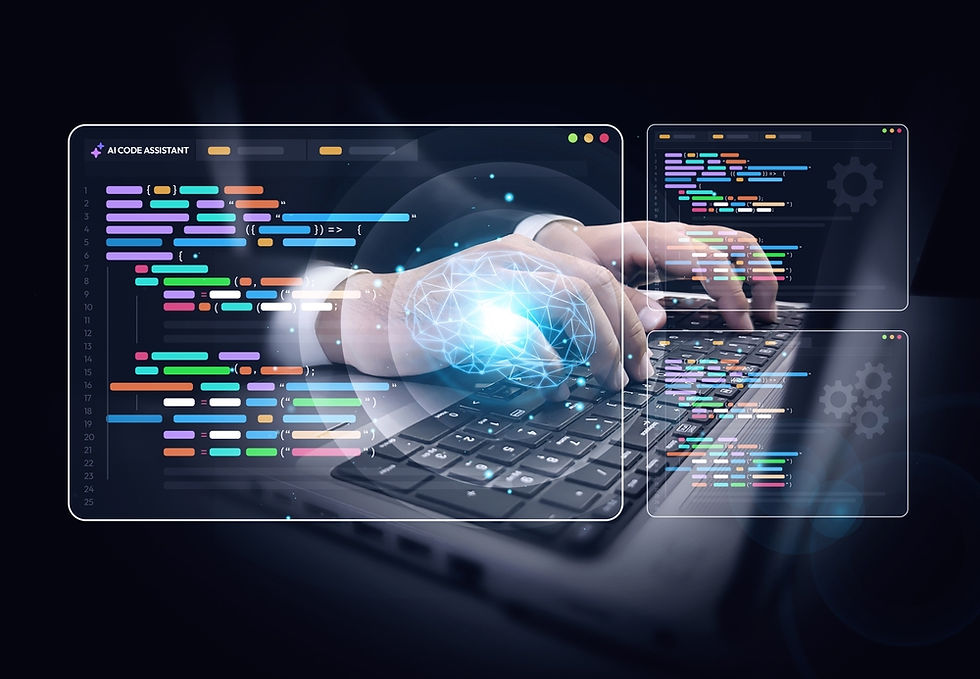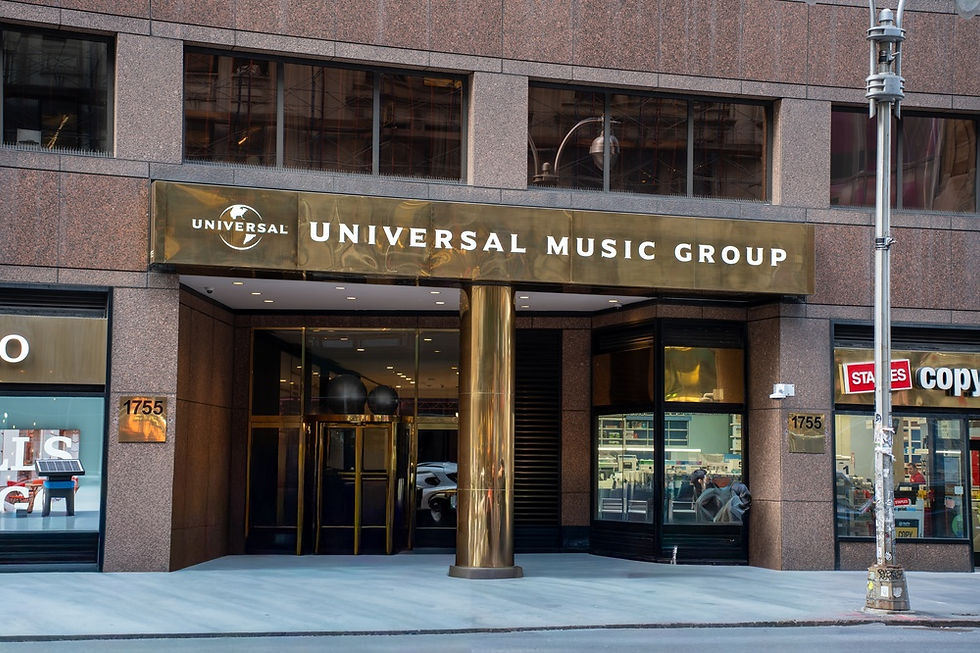Big blow to creatives as Meta and Anthropic win their copyright infringement cases
- Marijan Hassan - Tech Journalist
- Jul 3, 2025
- 2 min read
In a major legal victory for the artificial intelligence industry and a sobering moment for authors and creatives, Meta and Anthropic have both successfully defended themselves in copyright infringement lawsuits over the use of books to train their AI models.

In separate rulings this week, federal judges sided with the companies, rejecting arguments from high-profile authors who claimed their copyrighted works were used without permission to fuel the development of powerful AI systems.
Meta’s victory
In Meta’s case, a group of writers, including Sarah Silverman and Ta-Nehisi Coates, had sued over the alleged unauthorized use of their books in training large language models. Their argument centered on the alleged unauthorized reproduction of their works for commercial gain.
However, U.S. District Judge Vince Chhabria dismissed the authors' claims, stating that they "made the wrong arguments". Specifically, they failed to provide sufficient evidence to support their case regarding how Meta's AI could cause significant market harm to their original works.
The judge clarified that the ruling does not inherently validate Meta's use of copyrighted materials as lawful in a general sense, but rather indicates the plaintiffs' failure to present a compelling enough argument on the specific claims brought forward.
Anthropic ruling: Fair use with a caveat
In the case of Anthropic, it was a partial win. The judge presiding over the case compared the company’s training process to a reader learning from books in order to write something new and transformative. He said that constituted “fair use” under U.S. copyright law.
However, the court also found that Anthropic had infringed copyright by copying and storing over 7 million pirated books in a centralized database prior to purchasing legitimate versions. The judge has ordered a trial in December to determine how much the company owes in damages. U.S. copyright law allows up to $150,000 per work for willful infringement.
“That Anthropic later bought a copy of a book it earlier stole off the internet will not absolve it of liability,” the judge wrote, “but it may affect the extent of statutory damages.”
A growing rift between creatives and AI firms
The rulings arrive amid a wave of legal challenges brought by writers, artists, and musicians who argue that AI companies are building profitable products off their labor, without consent or compensation.
In a new case, authors Kai Bird, Jia Tolentino, and Daniel Okrent have accused Microsoft of using nearly 200,000 pirated books to train its Megatron AI system. The lawsuit seeks to block further use of the material and demands statutory damages similar to those considered in the Anthropic case.
Whether the creatives will prevail in that battle remains to be seen.













